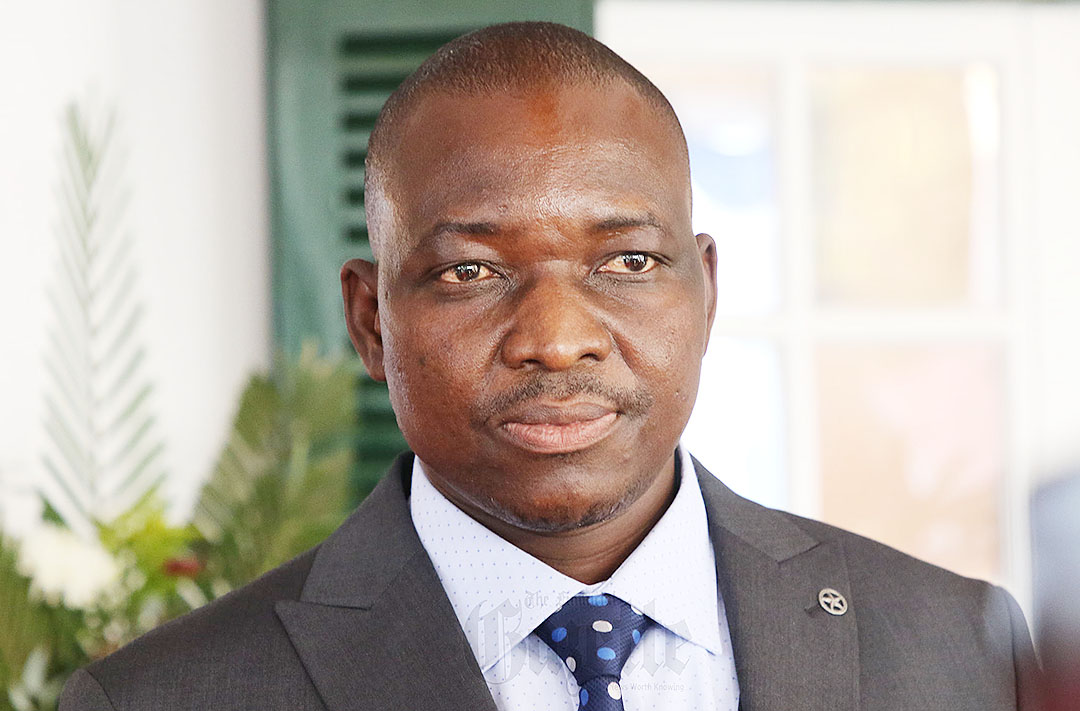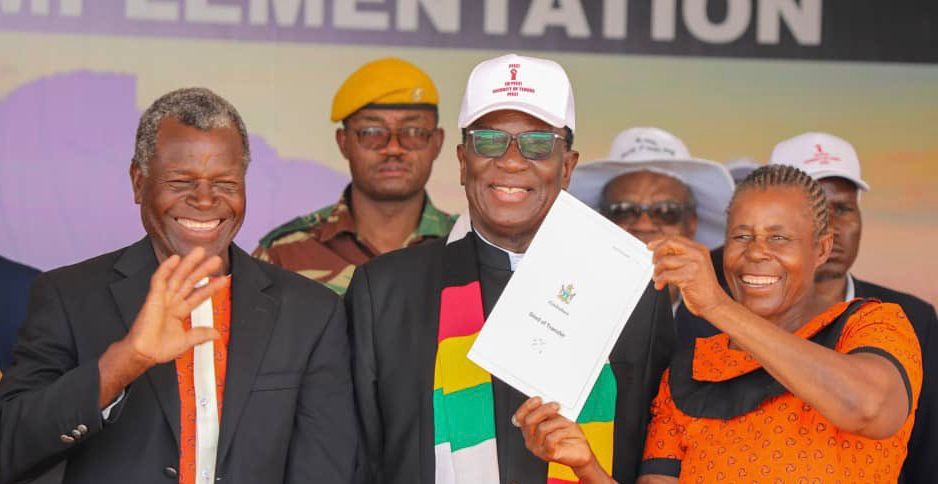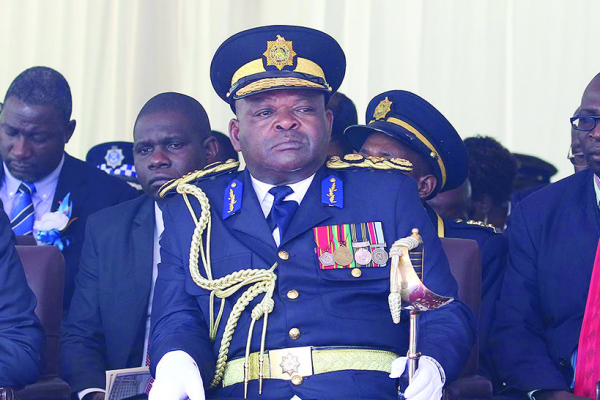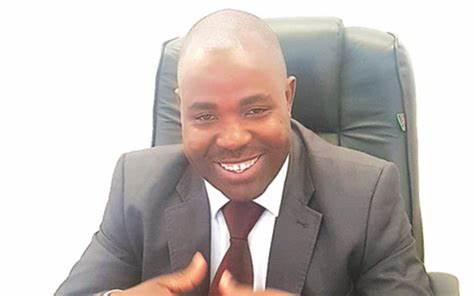HARARE – Energy minister Soda Zhemu says power cuts will persist because Zimbabwe’s electricity is too cheap, a situation he says is pushing “unproductive” demand by domestic customers.
Zhemu is supporting power utility ZESA’s request to the Zimbabwe Energy Regulatory Authority (ZERA) for a review of tariffs. The last review was in January.
The minister says on average, domestic consumers use US$10 of electricity each month, usually paid in the Zimbabwe dollar which has been losing value every week since the start of the year.
“The tariff has been severely eroded and what we now see is the rising demand of unproductive electricity especially by domestic customers,” Zhemu is quoted as saying by the Business Weekly.
“Until there is restoration of a viable tariff, the situation will remain fragile.”
Zimbabweans are enduring daily power cuts as the country is unable to produce enough electricity to meet demand. ZESA, which owes regional power companies millions of dollars, remains constrained from importing power to cover the gap due to foreign currency shortages.
“We need a viable tariff and I understand that ZESA has applied for a tariff review and I want to believe the regulator ZERA is considering the application,” said Zhemu said.
The minister said electricity had become cheaper than gas, causing gas users to switch back to ZESA, adding to the power demand.
In February, ZESA was producing 1,285MW – not enough to meet the country’s peak demand of 1,700MW.
Regular machinery breakdowns at the coal-fired Hwange Power Station have also added to ZESA’s woes.
The last tariff increase approved by ZERA was 12.3 percent. ZESA officials have publicly declared that they would like to see a tariff increase of higher than 100 percent.
Families on pre-paid meters are buying 200 units per month for Z$1,265,11 (US$5 on the parallel market or US$9 at official rate) including the six percent rural electrification levy.
There are five bands of discounted tariffs before the top tier US$14.31 per unit comes into effect on purchases over 400 units.
The first 50 units cost US$2.38 each before the rural levy. The 50 units are considered the bare minimum that a family needs for essential purposes.
Consumers on post-paid meters pay similar charges plus a US$35.68 monthly fixed charge. The fixed charge covers the extra administration costs.
The government has licenced independent power producers and major upgrades are underway at Hwange. The government hopes the measures will solve the country’s long term power generation problems.
















